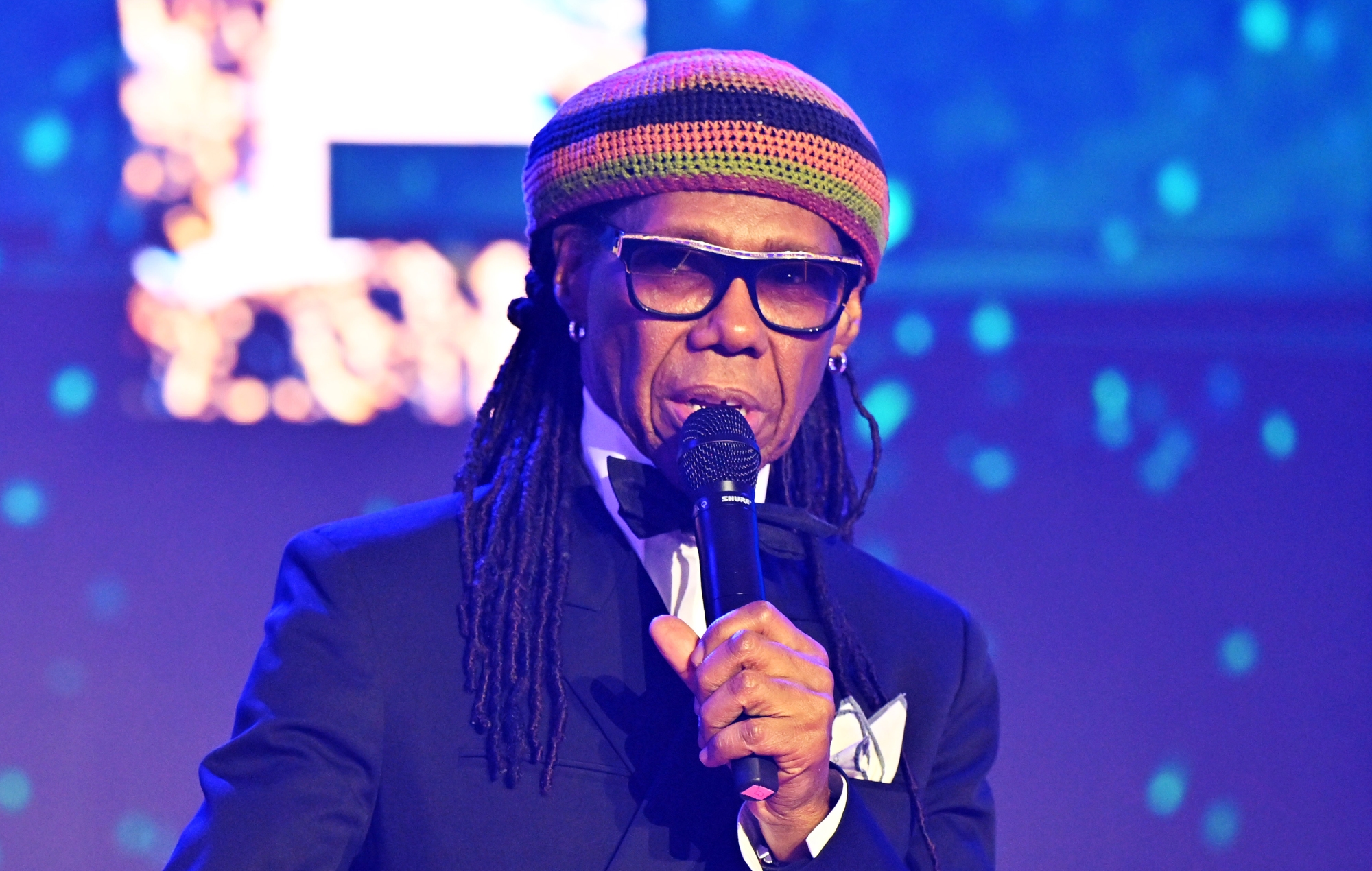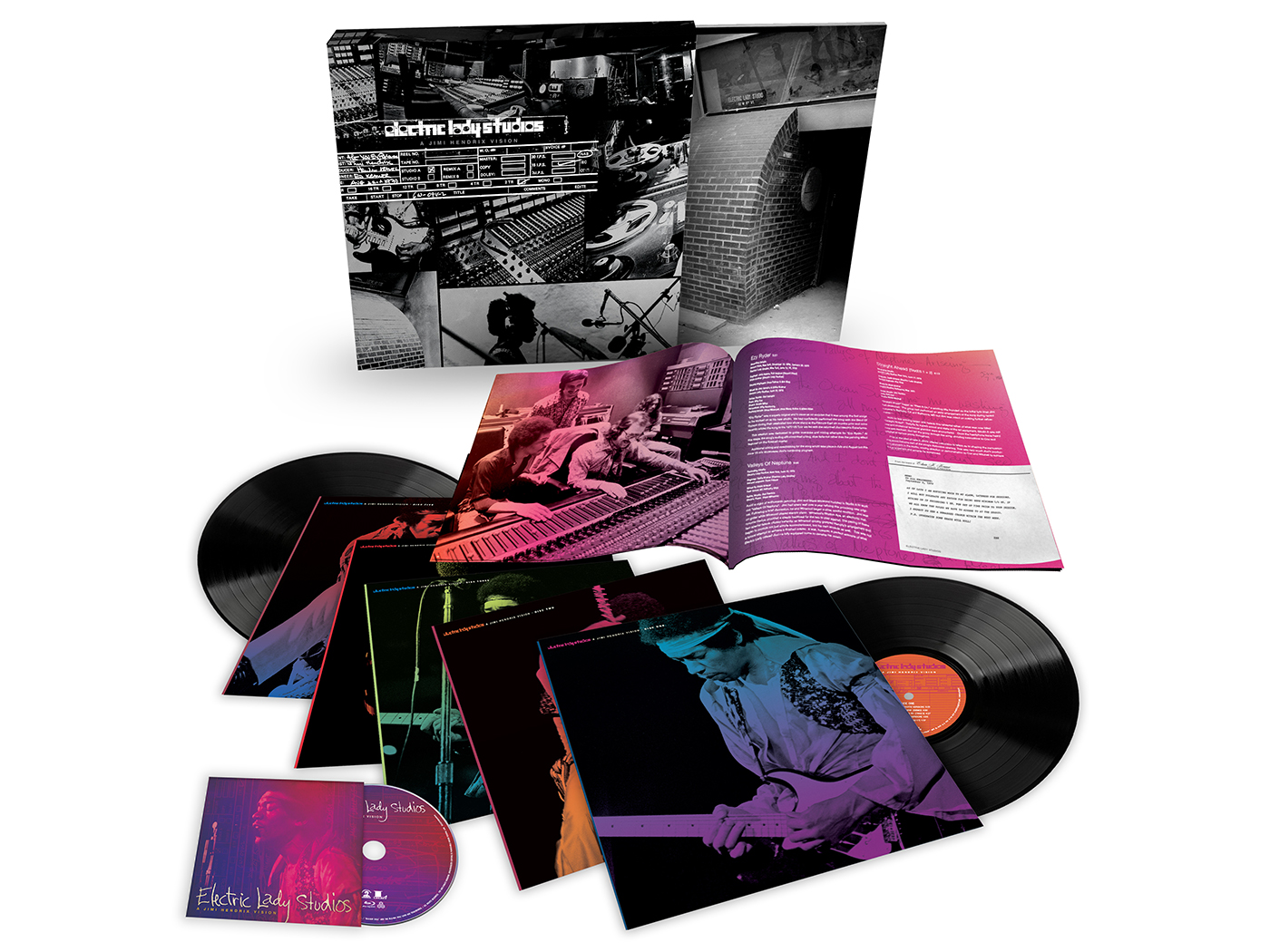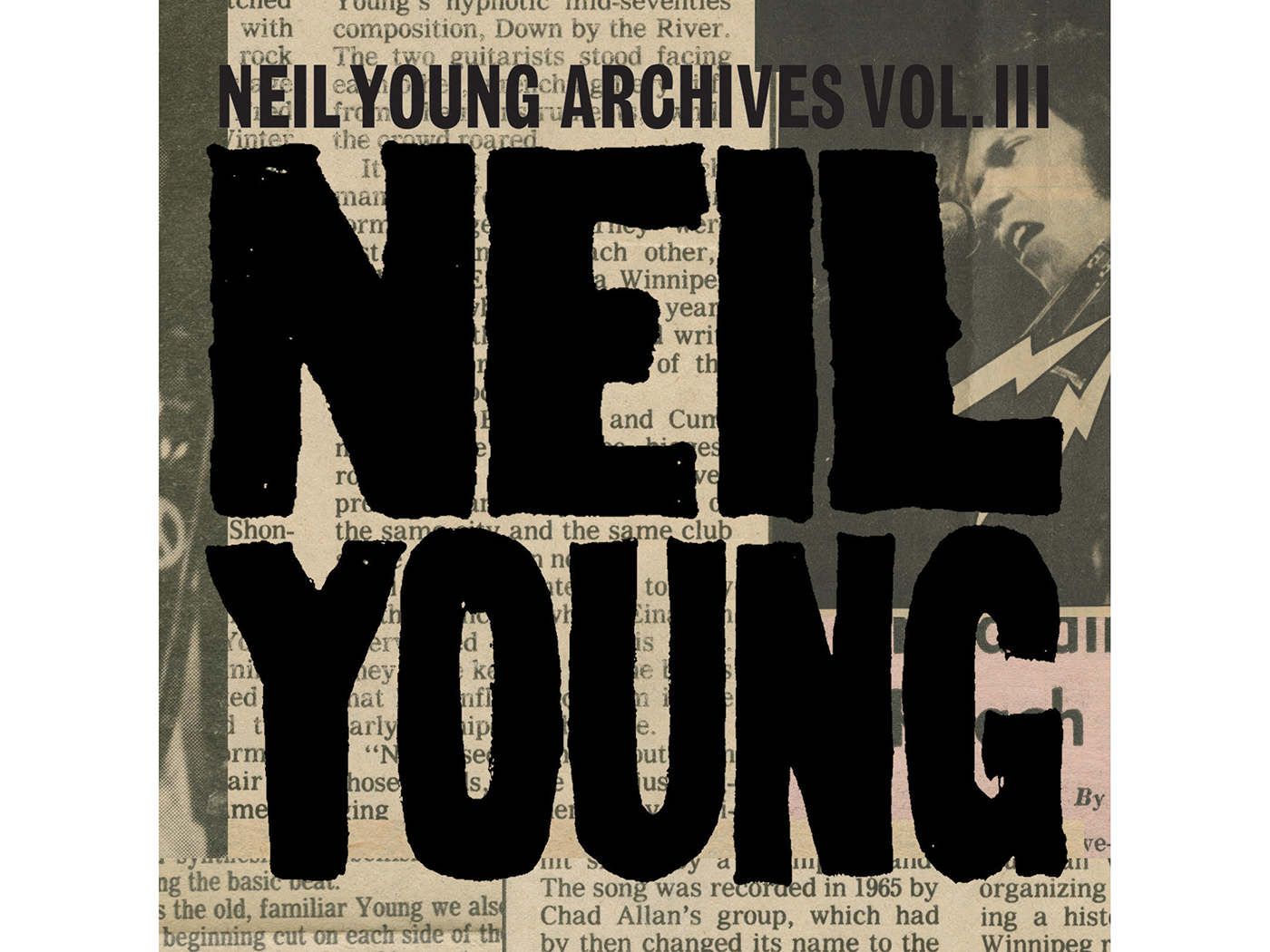
Nile Rodgers has claimed that no modern record label would give David Bowie a chance due to the cut-throat business of streaming: “Those days are truly over”.
The guitarist and producer appeared in the House of Commons today to give evidence to the Culture, Media and Sport Committee. The Committee are investigating the experience of composers and songwriters with financial renumeration, and asked Rodgers about how streaming had changed his experience in the music industry.
In the session, Rodgers said that he had no problems with streaming, which he called “amazing”, instead taking issue with “the business that surrounds streaming”. Rodgers said it “has changed things considerably – and not for the better.”
“I’m 71 years old, I’ve been doing this for 50 years of my life,” he said later. “In 50 years, you would have thought with the advent of all the new technologies, people like me would have a much better life, things would be easier, we’d all profit together, and that’s not the case. There’s something dreadfully wrong with that.”
Later in the inquiry, Rodgers also said A&Rs were less willing to develop new acts in favour of financial safety, citing David Bowie as an example. Rodgers worked with Bowie on his best-selling album ‘Let’s Dance’, claiming that the musician “paid for that album himself” after being “dropped” by former label RCA following the release of 1980’s ‘Scary Monsters’.
[embedded content]
“They gave him all that time to try and make a hit, he called me up and we made [Let’s Dance],” said Rodgers. “[The labels] took on this financial responsibility and they would carry the artists they believed in that at some point in time would finally break.
“Those days are truly over.”
Rodgers also revealed that he called Bowie “the Picasso of Rock and Roll” because “he was an absolute genius”. The musician also said he gave Bowie the moniker to “piss him off”, which Bowie “hated”.
The news comes ahead of Spotify’s recent changes, which requires tracks to have over 1,000 streams in order to be eligible for royalties. Indie group Damon & Naomi claimed this change in royalty structure will “move an estimated $40-$46 million annually from artists like Damon & Naomi to artists like Ed Sheeran,” (via Rolling Stone).
Weird Al also spoke out against the changes, using his Spotify Wrapped video to deliver the following message: “It’s my understanding that I had over 80 million streams on Spotify this year so, if I’m doing the math right, that means I earned $12.”
Spotify have also ceased service in Uruguay due to the country’s copyright law that would require “equitable renumeration” for artists.








